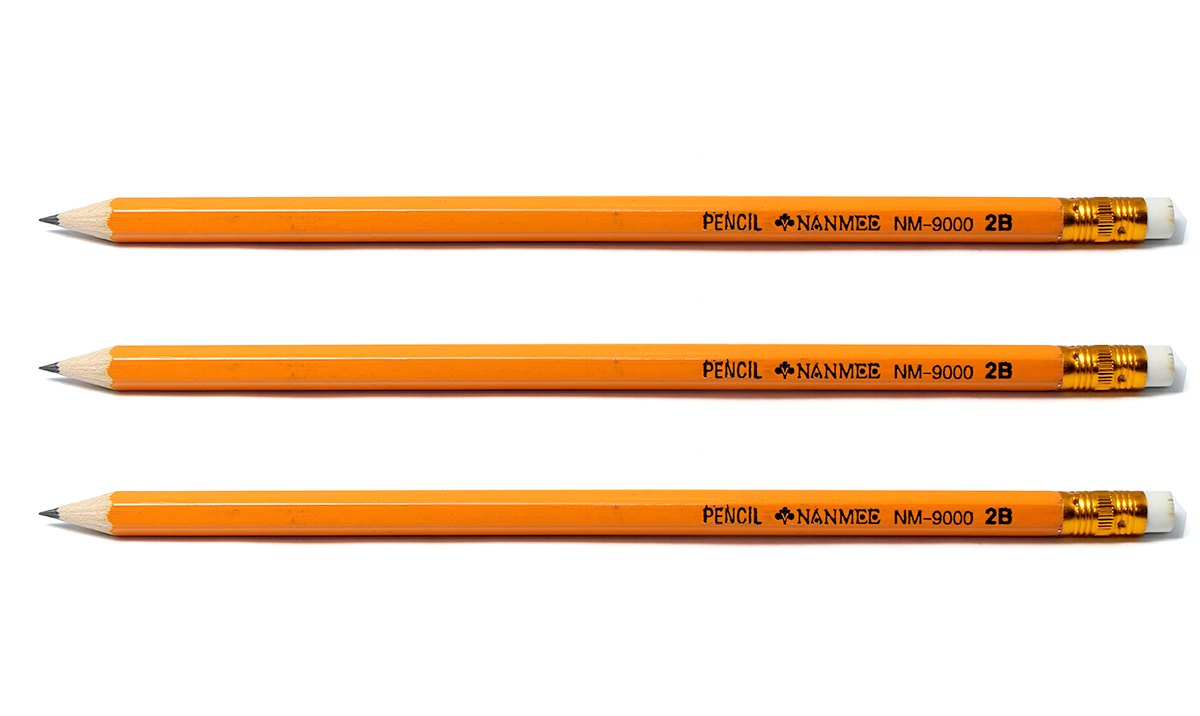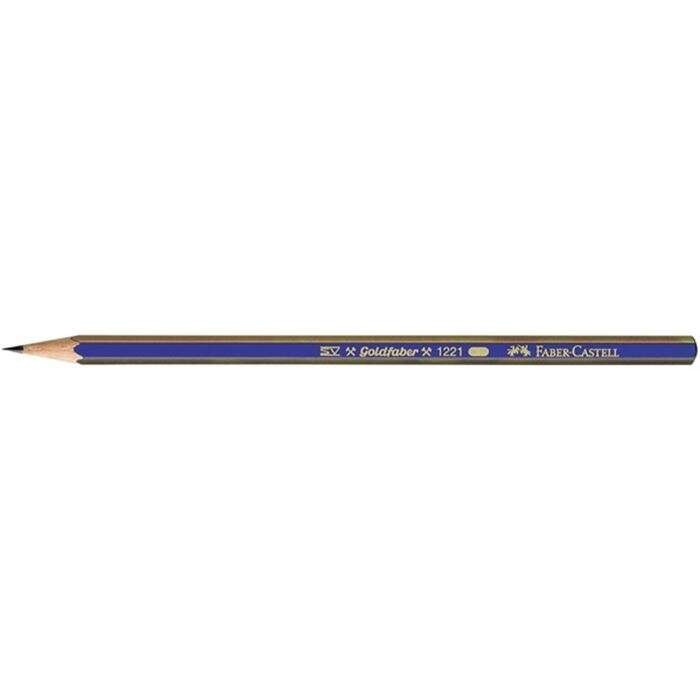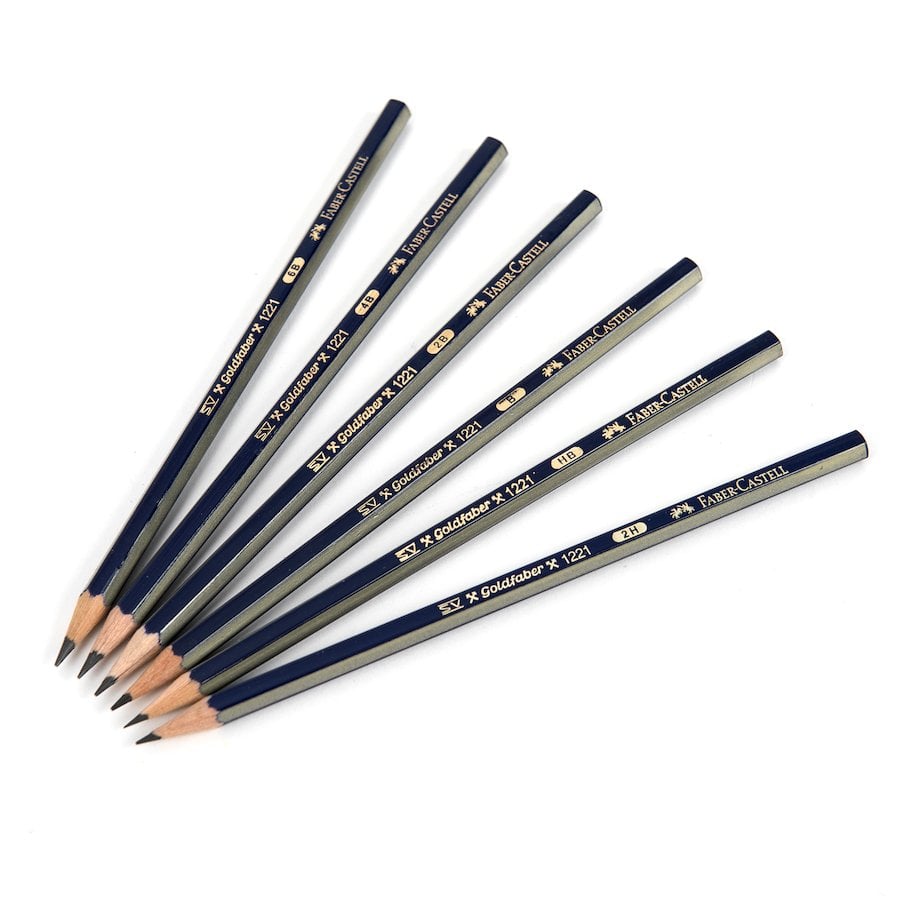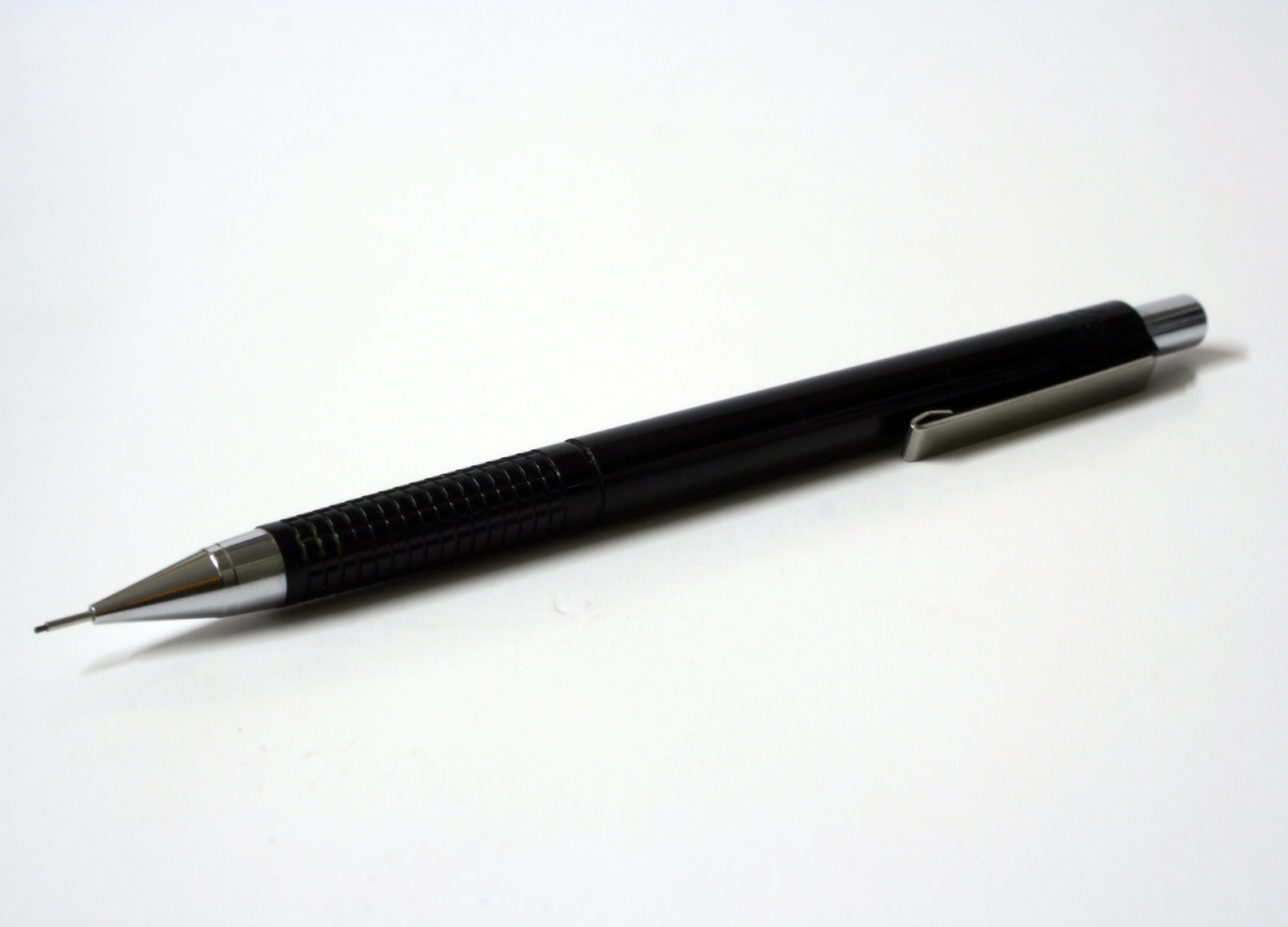Pens in the Middle Ages: Manuscript Copying and Quill Pens
The Significance of Pen Invention in Human History
Certainly, the invention of the pen is a significant milestone in human history.

The invention of the pen has had a great impact on the spread of written communication and knowledge.

A pen is a tool that allows people to express their ideas, stories, and knowledge in writing.

The earliest pens, generally simple tools made of reed or clay, date back to around 4000 BCE in Mesopotamia.

However, the precursor to the modern pen is thought to have emerged in ancient Greece around the 4th century BCE.

These pens were typically slender instruments made of metal or bone and were used with an inkwell to write.

During the Middle Ages, pens were further developed, and quill pens became popular in Europe.

These pens were ideal for writing on delicate surfaces such as papyrus and vellum.

However, quill pens had disadvantages such as frequent breakage and ink leakage.

The modern pen became more widespread in the mid-19th century when John Loud patented a pen that could be filled with conductive ink.

This was considered a significant advancement in pen technology and is seen as the precursor to the fountain pens used today.

Today, pens remain an integral part of our daily lives. Both traditional ink pens and more modern types allow people to express their ideas, memories, and knowledge in writing.
- The Significance of Pen Invention in Human History The invention of the pen has had a profound impact on human communication and knowledge transfer. Evolving since ancient times, this tool has played a critical role in the development of written culture and the dissemination of knowledge. Although with the advancement of technology, it may seem like pens are being replaced by digital tools, they still persist as a symbol of value.

- With the invention of the pen, people gained the ability to record their thoughts, emotions, and knowledge permanently. This was a significant step in preserving and transmitting humanity's cultural heritage and history. Especially in ancient times, literacy and the ability to write were privileges of the elite. However, the invention of the pen enabled the widespread adoption of written culture and expanded access to knowledge.

- During the Middle Ages, particularly in Europe, pens gained great importance in the copying of manuscript books. Monasteries became productive centers for reproducing handwritten books, contributing to the increased value and usage of pens. Quill pens became the primary tool for writing tasks during this period and even contributed to the development of certain writing styles.

- In the modern era, the evolution of the pen accelerated, giving rise to different types. Fountain pens became popular with the advent of the Industrial Revolution, offering a more practical option for refilling ink and enhancing the writing experience. Subsequently, various types such as ballpoint pens, rollerball pens, and gel pens were developed and introduced.

- Today, with the rise of digital technology, the role and significance of the pen are being reevaluated. While computers, tablets, and smartphones are increasingly used for written communication and note-taking, the symbolic value and emotional connection of the pen remain strong. For many people, handwriting notes or keeping a journal is an important ritual for emotional satisfaction and mental focus.

- In conclusion, the invention of the pen has had a deep and lasting impact on human communication and knowledge transfer. While the physical form and usage of the pen may have changed with advancing technology, its symbolic importance and value as a means of written expression remain undeniable. Therefore, with the invention of the pen, humanity has left an everlasting mark on written culture and knowledge sharing.
- VİDEO LİNK: https://www.youtube.com/watch?v=r3ud2ir41iU
- VİDEO LİNK: https://www.youtube.com/watch?v=diigzEw_AgQ
- VİDEO LİNK: https://www.youtube.com/watch?v=cW4s9CD1BLI






























